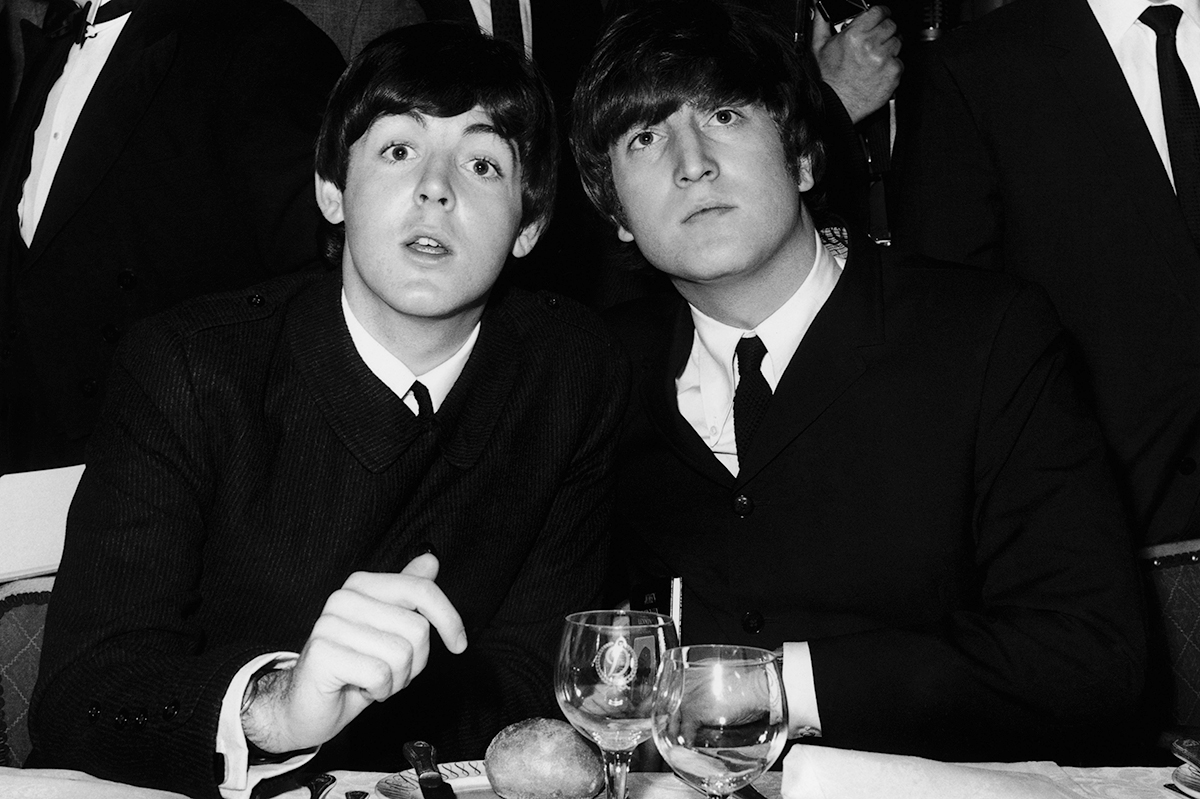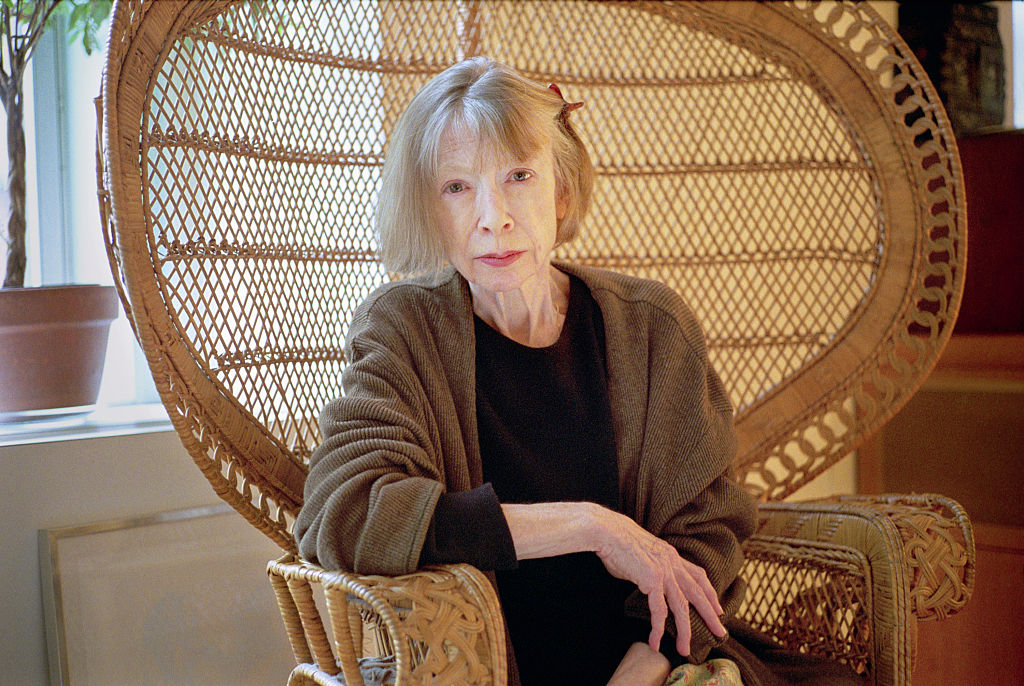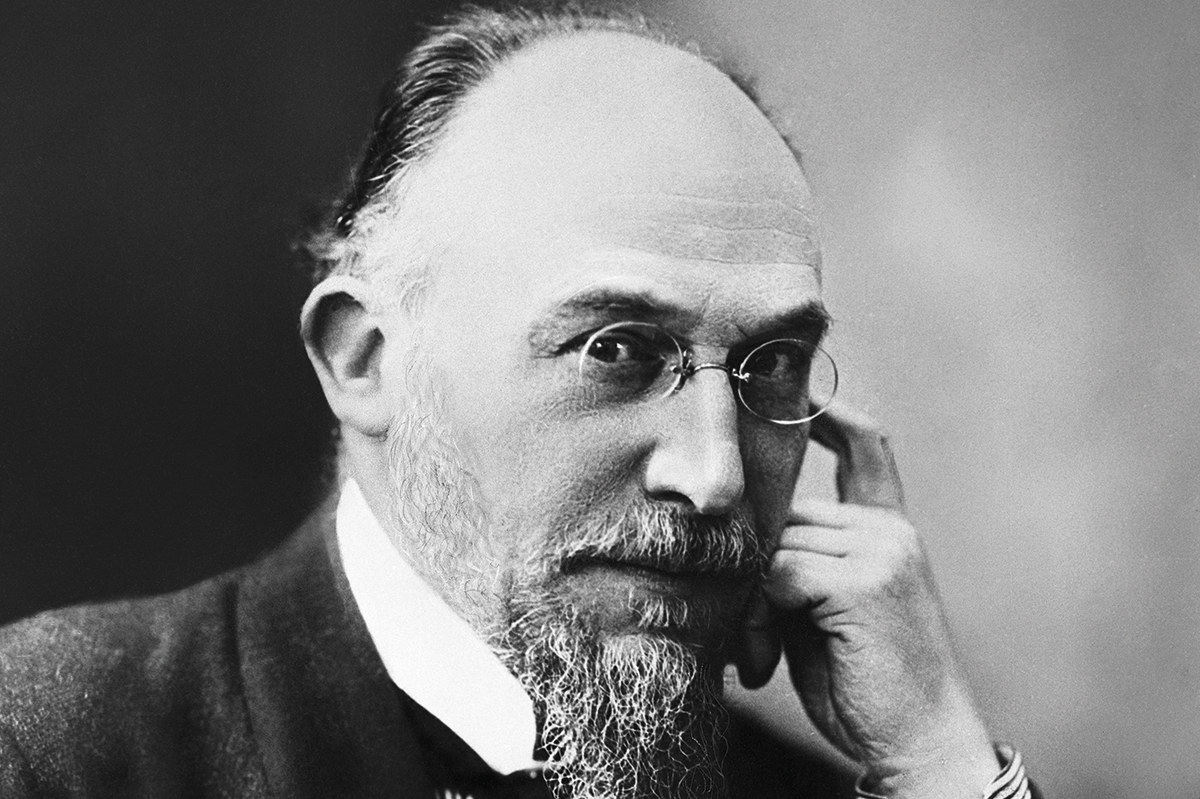Kelly Link’s latest collection of short stories riffs wildly on traditional fairy tales, filleting out their morphological structures and transposing them. She ranges from a space-set ‘Hansel and Gretel’ to a same-sex version of “East of the Sun and West of the Moon,” and much more besides. Like Angela Carter, Link understands the psychological (and narratological) powers of her raw material, and makes thrilling shapes while also dissecting modern society, our fears and our fantasies.
Each of these scintillating stories (not a dud among them) concerns lost characters in search of truth about themselves or the world. Sometimes they find it; more often they don’t. Link’s lucid prose moves the reader unerringly onwards through the forested thickets of her imagination. In “The White Cat’s Divorce” (based on “The White Cat,” a version of the “Animal Bride” trope) an aging bazillionaire finds his three growing sons an affront to his mortality, so he sends them off on impossible missions. The youngest wins all the tasks, with the aid of humanoid white cats who run a cannabis farm. He falls in love with their leader, the White Cat, who tells him that he must do everything she asks — including chopping off her head — at which point she transforms into a beautiful woman. So far, so fairy tale. But instead of having the White Cat marry the youngest of the brothers, Link renders her ending delightfully ambiguous, with not one but two surprises that leave the reader pondering the nature of feminism.
Two stories concern death: “The White Road” achieves a creepiness worthy of Robert Aickman. The titular road appears; mysterious beings travel down it and tear humans apart; society collapses into a quasi-medieval state. The invaders can be kept away by the presence of a corpse — which raises complicated questions about the provision of said corpses. I haven’t read anything quite so terrifying (and oddly moving) in a while. The final story, “Skinder’s Veil,” sees a disillusioned graduate student unwittingly house sitting for Death. There are moments of startling luminescence (as when two magnificent deer enter the house) as well as subtle fear. Mist rises from the ground, strange people and talking bears come and go, and the student must confront Death, and himself.
Link’s writing has been gradually growing in power. White Cat, Black Dog marks a glittering new height in the literature of the weird. Don’t come looking for happy ever afters.
This article was originally published in The Spectator’s UK magazine. Subscribe to the World edition here.

























